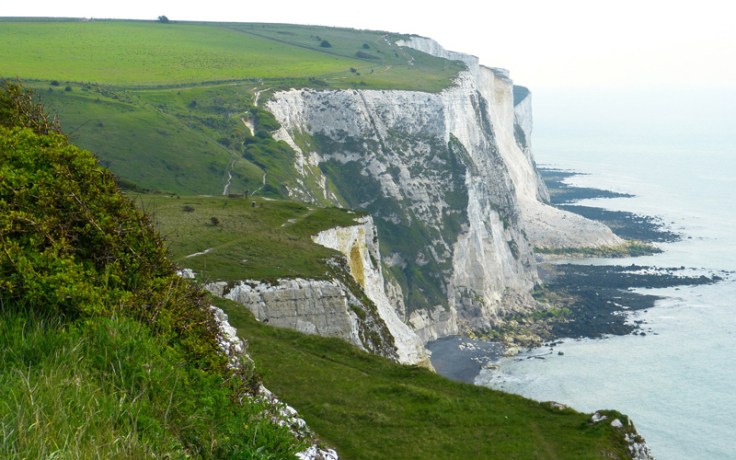William Shakespeare called it “this other Eden.” Its history, tradition, and culture are vital and diverse. It is graced by beautiful and varied scenery. It is home to great theater and great literature. Here you’ll find Stonehenge, Big Ben, and double-decker buses. It’s a small country with a far-reaching impact. Welcome to England!
Do your ancestors hail from England? If so, learn about your English heritage and how to research your ancestors.
Historical Roots
The Britons, a Celtic race, were one of the first-known groups to inhabit the land we now know as England, living there during the Iron Age. The Roman Empire began its conquest of the British Isles in AD 43 and maintained control until the early 400s. Subsequent groups settling in England included the Anglo-Saxons, Normans, and Vikings.
England became a nation in the 10th century under the rule of Æthelstan. Skirmishes and wars marked the next centuries as different groups fought for dominance. It wasn’t until 1707 that the Acts of Union were passed to create the United Kingdom of Great Britain. Finally, almost 100 years later, another Act of Union made Northern Ireland part of the United Kingdom, forming the political structure still in place today.
Life in England
For hundreds of years, religion has played a central role in English life. Christianity was introduced in the first several centuries after Christ. Catholicism was widespread until King Henry VIII’s famous break from papal authority and his establishment of the Church of England, which is still the state church today. The number of adherents to non-Christian religions has grown, representing Muslim, Hindu, Jewish, and other faiths. However, overall religious involvement has begun to wane in recent years as the influence of secularism has increased.
Class has been one of the defining features of English society over the generations. While its impact is not as strong in modern society as it has been in the past, it is impossible to understand England without understanding the influence of class structure.
Historically, there were two broad classes: nobility—those with titles, property, and wealth—and the working class. Of course, within each class were further levels. But for many years it was difficult, if not impossible, for members of the working class to rise above their birth. The Industrial Revolution, followed by increasing opportunities for education and employment, made class lines more fluid and less limiting.
In the 20th and 21st centuries, England has also become more diverse as a nation. About one-fifth of those living in England in 2011 were not born there; their roots are in India, Poland, Pakistan, and other nations.
Holidays unique to England include Boxing Day, a day traditionally set aside for showing charity to the less fortunate. Another is Guy Fawkes Day, originally the commemoration of a foiled plot in 1604 to blow up Parliament. Today the day is a time to gather with friends and family for food and fun.
Areas of Outstanding Natural Beauty
Look at pictures of the English countryside and seaside—or, if you’re lucky enough, visit them in person—and you will understand why so many are designated as Areas of Outstanding Natural Beauty, or AONBs. The Lake District and Peak District National Parks offer breathtaking views of mountain country with their lakes and glaciers. The striking White Cliffs of Dover greet travelers arriving from the English Channel. Other scenic vistas include the North Devon coast and the Isle of Wight.
English Contributions in Theater and Literature
Arguably the most enduring playwright of all time, Shakespeare is as relevant today as he was in the 1500s and 1600s. If that surprises you, do these phrases sound familiar? “All that glitters is not gold,” “break the ice,” “elbow room,” or “in my mind’s eye”—all were used in plays by the Bard. And who can forget timeless scenes such as Cordelia’s forgiveness of her father, King Lear, or Portia’s moving words about the quality of mercy?
We are indebted to authors such as Jane Austen and Charles Dickens for giving us not only memorable stories and characters, but also insights into the society of their times. And the entire world has been enriched by C. S. Lewis’s Chronicles of Narnia and J. R. R. Tolkien’s The Hobbit and Lord of the Rings.
Your Journey of Discovery
This short overview can hardly do justice to a land as complex and fascinating as England. Whether you have strong ties to England or just want to explore further, there’s more to discover and learn as you connect with your English heritage.
Source: Family Search







Be First to Comment